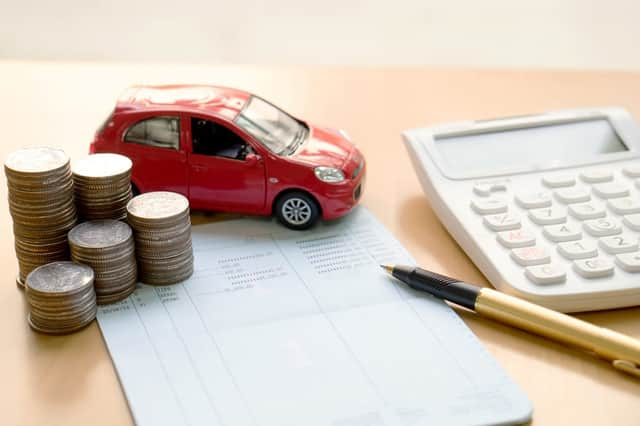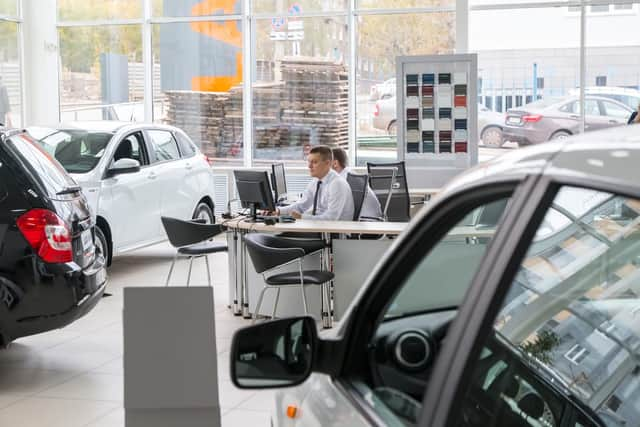Car finance explained: the different types of payment and what the jargon means from PCP to HP, PCH and GAP


More than 90 per cent of new private car purchases are made using some form of finance agreement.
Selling finance packages is a big part of car dealers’ business nowadays and, according to the Finance and Leasing Association (FLA), the motor finance industry was worth £48 billion in 2019 as buyers looked for ways to spread the cost of their purchase.
Advertisement
Hide AdAdvertisement
Hide AdWhile most people opt for a finance package of some sort there is still a lot of confusion around the options available and how they compare, as well as a host of acronyms and jargon to negotiate.
Here we set out the basics around the types of car finance available including PCP, HP, PCH and loans and explain some of the most common terms.


Remember, whichever form of finance you chose you must make sure you can afford the payments otherwise you are at risk of losing your vehicle.
Personal loan
One of the simplest methods to finance a car is to take out a personal loan, usually from a bank or building society.
Advertisement
Hide AdAdvertisement
Hide AdInterest rates on personal loans can be higher than on other methods of finance but allow you to shop around, set the length of loan to suit you and mean you don’t have to worry about deposits or final balance payments. Also, this method means that you own the car outright from the start of the loan as you are essentially a cash buyer.
Be aware that the best loan terms will only be available to people with good credit scores and that, as a cash buyer, you will suffer the full hit of depreciation as the car’s value falls.
Hire purchase (HP)
The simplest type of finance. You will normally pay a deposit of around 10 per cent and then make fixed monthly payments over an agreed timescale. At the end of that period, you own the car outright.
While you are making payments you do not own the car and the loan is secured against the car. That means if you miss payments you could lose the car.
Advertisement
Hide AdAdvertisement
Hide Ad

